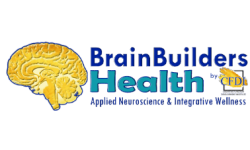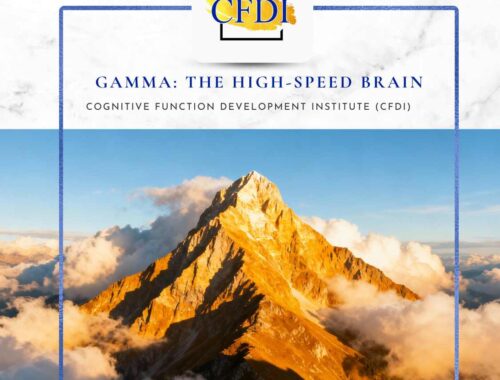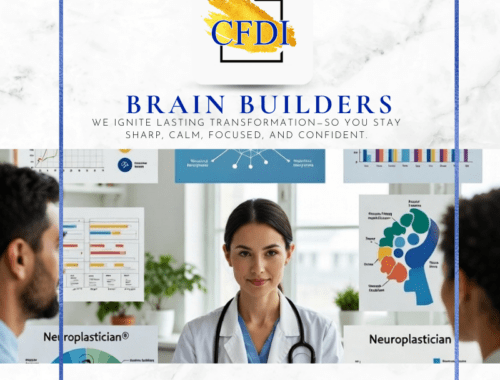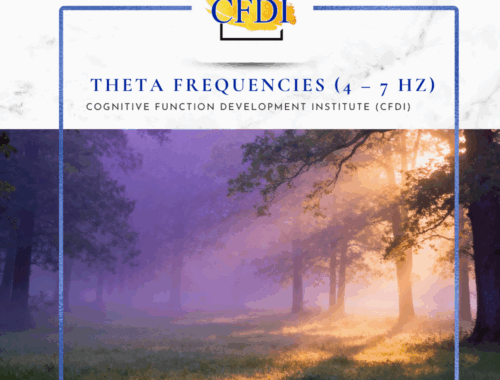When Knowing the Material Isn’t Enough
Some students study tirelessly, understand the material, and still don’t perform well on tests. They walk away frustrated and anxious — because they know they’re capable of more.
The truth is that test performance isn’t only about knowledge or preparation. It’s also about how efficiently the brain’s systems communicate and coordinate under stress. For some learners, subtle inefficiencies can limit their ability to demonstrate what they actually know.
“The difference between a C and an A is often not intelligence — it’s efficiency.”
At BrainBuilders.Health, we call this hidden layer of performance TestAbility — the collection of cognitive and emotional functions that determine how effectively a person can access, organize, and apply information during testing situations.
The Hidden Factors Behind Test Performance
Test performance depends on more than memorization or comprehension. It reflects how efficiently the brain’s systems coordinate — especially under stress and time pressure, when competing demands activate multiple neural networks at once.
Key areas that shape TestAbility include:
- Cognitive efficiency — how smoothly the brain organizes, integrates, and applies information.
- Working memory — holding and manipulating information while reasoning or solving problems.
- Executive attentional network — prioritizing, filtering distractions, and sustaining goal-directed focus.
- Cognitive flexibility — shifting strategies or perspectives when encountering unfamiliar questions.
- Emotional regulation — maintaining a balanced nervous system so clarity and recall remain accessible under pressure.
When these networks operate with functional inefficiencies, a student may know the material but struggle to retrieve or organize it in the moment. Strengthening these systems allows performance to reflect true ability — not stress level.
Understanding the Brain Behind the Grade
At BrainBuilders.Health, we use an objective, science-based Cognitive Function Assessment to identify each learner’s unique cognitive profile.
Using the Creyos.com platform in combination with our proprietary Transformational Outcomes Analysis System (TOAS), we can see exactly where efficiency drops — and where the brain is compensating or overworking.
Objective data replaces guesswork.
With clarity, we can pinpoint whether challenges stem from working memory overload, attentional control, or emotional interference — and address them directly.
From Assessment to Improvement
Our Cognitive Function Development Therapy (CFDT) sessions are designed to strengthen these underlying systems through dynamic, interactive, and adaptive engagement.
This isn’t tutoring or repetitive drills — it’s brain-based development that helps learners build better organization, regulation, and adaptability.
Some students also benefit from using Brain Builder Tones before study sessions or exams. These tones help calm the nervous system and support balanced attentional states — creating a mental environment where information flows freely and clearly.
The Real Goal: Confidence Through Clarity
When students understand why test-taking feels hard — and experience tangible improvements in organization and calm — confidence follows naturally.
CFDT helps turn test-taking from a stressful performance into an opportunity for demonstration.
When the brain functions efficiently, ability shines through.
Ready to Explore Your TestAbility?
If you or your child consistently underperform on tests despite effort and preparation, it may be time to look beneath the surface.
Start with a Cognitive Function Assessment to uncover your brain’s unique strengths and areas for growth. From there, our CFDT sessions and Brain Builder Tones help restore efficiency, balance, and confidence.






